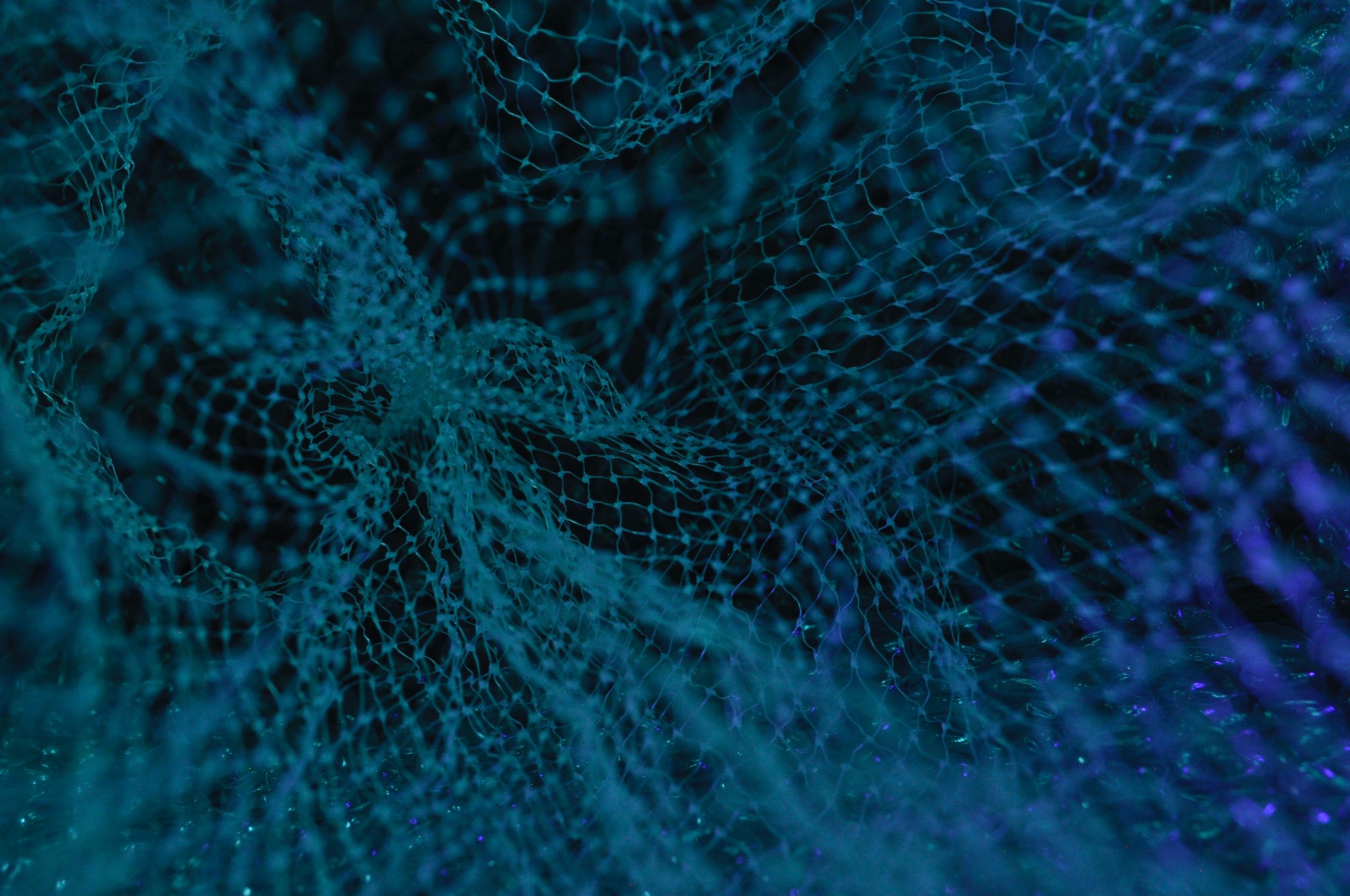Jacqueline Gottlieb (Hosted by Martin Rolfs): Curiosity and Information Demand: How We Can Study Them and Why We Should Care
On ZOOM (Contact us for Link)Curiosity and information demand: how we can study them and why we should care A rapidly growing literature has recently emphasized the importance of our sense-making instincts, including complex investigative behaviors such as curiosity, for behavior and brain function. While much of this literature has focused on simple forms of decision making, we explored its









